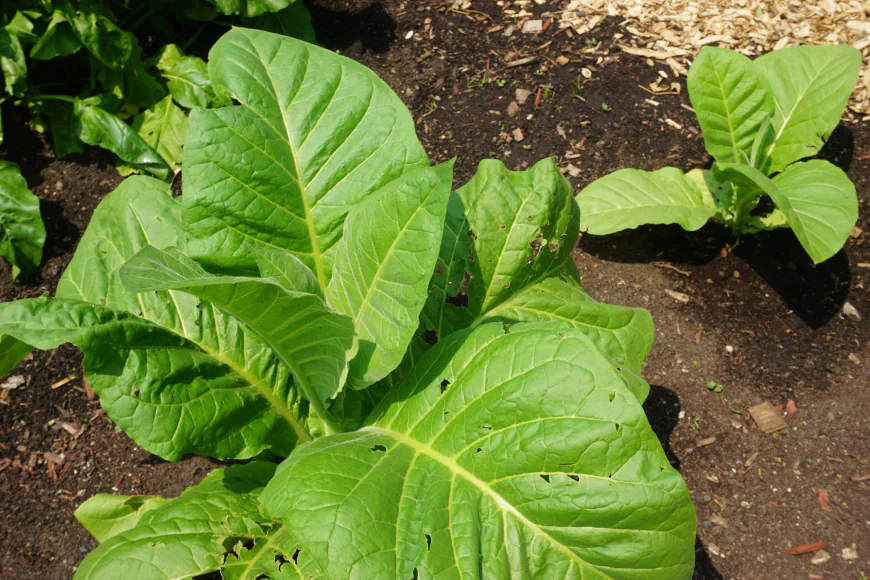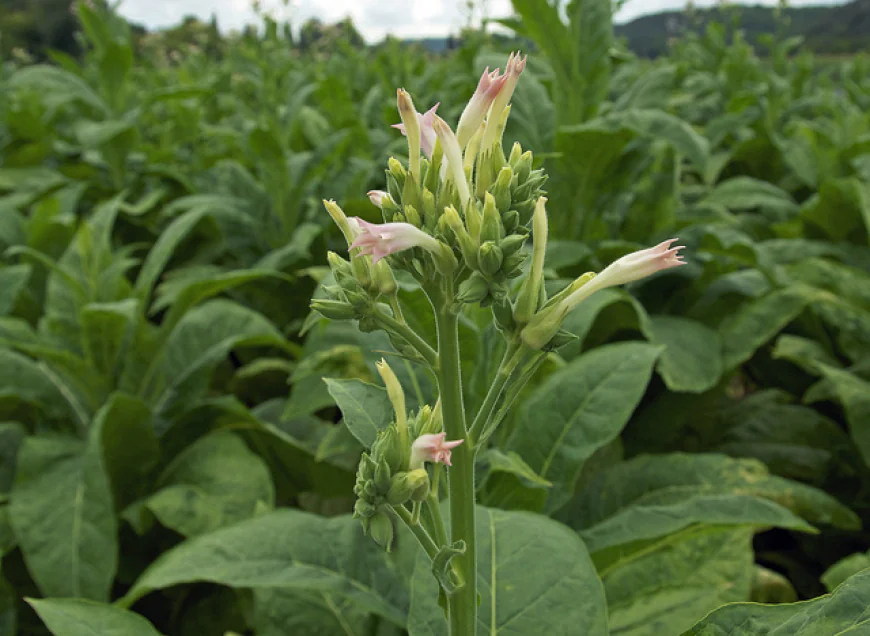The tobacco control act should be supported by Parliament
The Public Health Act (Act 851) and other tobacco control provisions should be fully implemented and enforced, according to Ms. Joycelyn Quashie, the Member of Parliament (MP) for North Dayi in the Volta Region.

The Public Health Act (Act 851) and other tobacco control provisions should be fully implemented and enforced, according to Ms. Joycelyn Quashie, the Member of Parliament (MP) for North Dayi in the Volta Region.
She clarified that this was the only way to prevent the destruction of those who were addicted to it, particularly young people and their peers. In honor of this year's "World No Tobacco Day" (WNTD), Ms. Quashie gave a statement on Friday on the floor of Parliament in Accra. She said that tobacco "is not just killing our people, it is also robbing families of income, the nation of productivity, and the youth of their future." As a result, she said, stricter laws governing the marketing and sale of new tobacco and nicotine products, including a ban on advertising flavor-infused products, would help save the situation.
Also Read: President Mahama hints of processing factories for growing areas, boost for Cocoa farmers
The World Health Organization and other global public health advocates established the World No Tobacco Day, which is observed on May 31 each year, to raise awareness of the risks associated with tobacco use. The goal of this year's campaign, which had as its theme "Unmasking the appeal: Exposing industry tactics on tobacco and nicotine products," was to expose the ways in which the tobacco and nicotine industries use advertising to make their dangerous products appealing, especially to young consumer groups.

It is not just a public health issue; it is also a matter of national development, social justice, and intergenerational equity, as the tobacco industry faces declining numbers in traditional markets. "Mr. Speaker, behind the shiny packaging, the attractive flavors, digital platforms, influencers, giveaways, and the sleek advertisements lies a multi-billion-dollar industry that is unrelenting in its efforts to recruit the next generation of consumers," she said.
According to the MP, WHO aims to raise awareness, promote stricter regulations, such as a prohibition on flavors that enhance the appeal of tobacco and nicotine products, and safeguard public health by exposing these strategies.
"To put it plainly, there is no safe amount of tobacco or nicotine use, and the notion that new products are in some way less harmful is not only dubious from a scientific standpoint but also morally reckless when marketed to children," she said. According to Ms. Quashie, "Tobacco is still one of the leading causes of death worldwide, and in Ghana, the burden of tobacco-related diseases, such as cancer, heart disease, and chronic respiratory illnesses, is increasing quietly but steadily, placing a strain on the already fragile health system."

In keeping with the nation's larger developmental and health objectives, she advocated for the expansion of rehabilitation facilities and more public education about the risks of tobacco and nicotine use, especially in communities and schools.
As we commemorate World No Tobacco Day today, I urge this Honorable House to ensure that the health and well-being of many people are not trumped by the profits of a select few. '' Let us be clear, there is no safe level of tobacco or nicotine use; the idea that new products are somehow less harmful is not only scientifically questionable, but also morally irresponsible when marketed to young people,” she noted.


